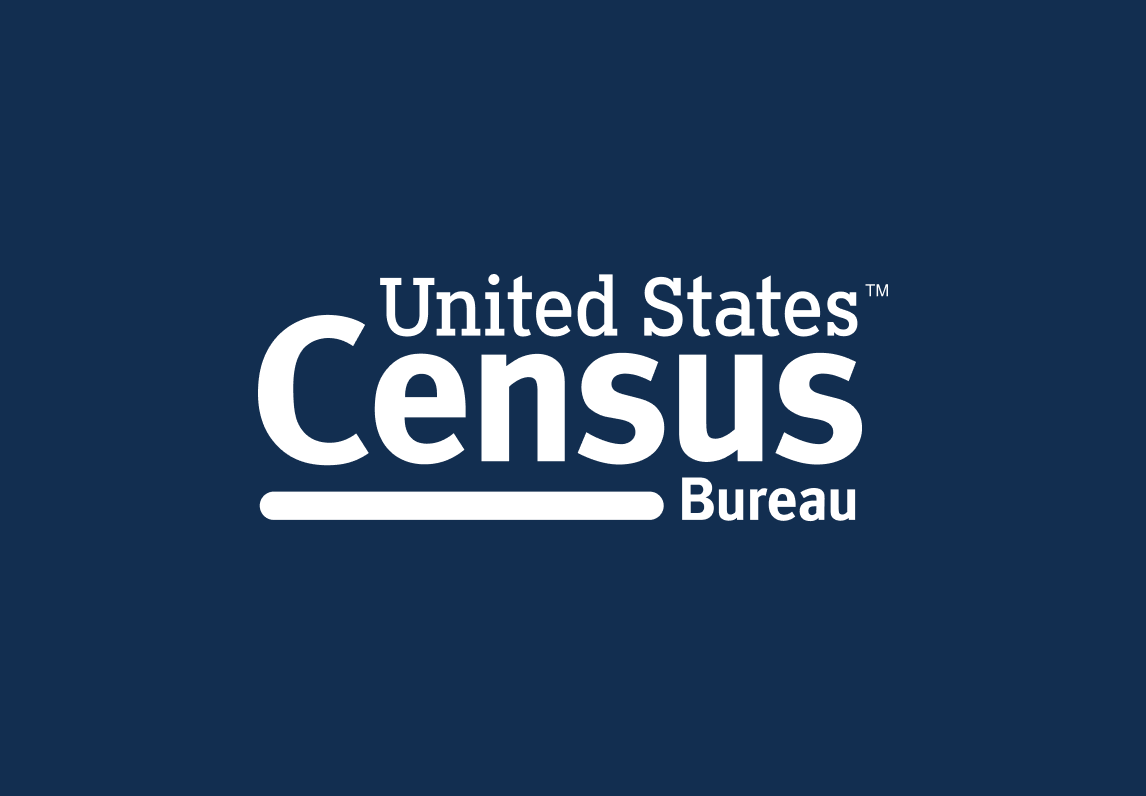
WASHINGTON, D.C. – U.S. Senator Gary Peters (D-MI), Chairman of the Homeland Security and Governmental Affairs Committee, has asked the Government Accountability Office (GAO) to conduct a review of the U.S. Census Bureau’s preparations for the 2030 Census. Census results are tied to important outcomes for communities in Michigan and across the country, including federal resources for education, health care and infrastructure. Peters has raised concerns about challenges with the 2020 Census, including undercounts for cities like Detroit, which led to serious consequences like decreased funding for Medicaid and Medicare, SNAP benefits, Head Start, and other critical programs. As the Census Bureau directs additional research and testing to ensure the 2030 Census accurately represents the population, Peters is asking GAO to conduct thorough reviews to ensure the Bureau is adequately addressing persistent problems and preparing for potential challenges, including reaching historically undercounted groups.
“The 2020 Census encountered unprecedented obstacles related to the COVID-19 pandemic, as well as interference, schedule changes, and other challenges. That census resulted in significant undercounts of multiple states and certain demographic groups, including children, African Americans, Native Americans, the Hispanic or Latino population, and others,” wrote Senator Peters. “2020 Census undercounts and issues affected localities across the nation, from large cities such as Detroit to small towns. As the Bureau embarks on the 2030 Census, it must learn from the 2020 Census, as well as address persistent challenges including reaching a complex population, planning for contingencies, and ensuring data privacy and confidentiality.”
The Senate Homeland Security and Governmental Affairs Committee, which Peters chairs, is responsible for conducting oversight of the U.S. Census Bureau. Peters sent a letter to Census Bureau Director Robert E. Santos to request additional information on how the Bureau worked to address the undercounts from the 2020 Census. Peters convened a field hearing in 2022 in downtown Detroit to hear from local leaders about the impacts of the 2020 Census on Michigan communities. Peters also convened a hearing in 2021 with senior federal officials to examine the 2020 Census and how lawmakers can work to improve operations at the Census Bureau.
The text of the letter is copied below and available here.
Dear Mr. Dodaro:
I am writing to request a series of reviews by the Government Accountability Office (GAO) to assist the Committee’s oversight of the 2030 Census. As the Census Bureau (Bureau) prepares for and conducts the 2030 Census, oversight throughout the process is essential to help ensure the census is accurate and efficient.
The decennial census is crucial for every individual and family, since it helps determine the allocation of resources for health care, education, infrastructure, and other community needs, as well as representation in Congress. Businesses and countless other entities across the country also rely on census data. The census, known as the nation’s largest peacetime mobilization effort, is a complex undertaking involving significant preparation, support structures, community engagement, and time-sensitive operations.
The 2020 Census encountered unprecedented obstacles related to the COVID-19 pandemic, as well as interference, schedule changes, and other challenges. That census resulted in significant undercounts of multiple states and certain demographic groups, including children, African Americans, Native Americans, the Hispanic or Latino population, and others. Censuses have also persistently undercounted certain groups. 2020 Census undercounts and issues affected localities across the nation, from large cities such as Detroit to small towns. As the Bureau embarks on the 2030 Census, it must learn from the 2020 Census, as well as address persistent challenges including reaching a complex population, planning for contingencies, and ensuring data privacy and confidentiality. It is also important to ensure the census is cost-effective.
The Bureau has already begun the research phase of the 2030 Census and will develop its initial operational plan in 2024. GAO’s decades of census oversight suggest that risks can appear early and can escalate after the initial years of planning.
Therefore, I request that GAO conduct reviews that address the following questions:
- What key risks facing the 2020 Census may recur for the 2030 Census, including risks that hampered testing, preparation, or implementation? For example, risks related to:
- Recruiting, hiring, and onboarding a large temporary workforce;
- Managing IT, cybersecurity, and privacy risks and challenges;
- External engagement and outreach;
- Uneven response rates and nonresponse follow-up;
- Budget uncertainty;
- Contingency planning and risks affecting multiple regions (e.g. pandemic);
- Integration of late changes;
- Efforts to reach “hard-to-count” populations.
- What is the significance of any key changes the Bureau may be planning for the 2030 Census, such as the following potential changes?
- Altering data collection operations (e.g. self-response, questionnaire, in-field and in-office enumeration, questionnaire assistance);
- Continuous intra-decade collection of data, such as administrative records;
- Changes to the enumeration of Group Quarters;
- Near-real-time data processing;
- Improving methods for measuring census accuracy, such as coverage measurement, and methods to challenge census results;
- Additional IT modernizations for data collection, processing, and dissemination, including the Bureau’s continued plans for movement to cloud-based infrastructure;
- Responses to emerging cybersecurity and privacy threats.
- What are the status and implications of other Bureau activities that GAO believes may affect the risk, cost, and accuracy of the 2030 Census, such as the following:
- Integration of 2030 Census efforts within the Bureau-wide “Frames initiative,” meant to integrate data for streamlined use by Bureau programs;
- Shift of testing strategy, with only two major field tests planned before 2030;
- Progress on open oversight recommendations and other long-standing issues, such as sustaining “partnership” (engagement) throughout the decade and integrating it with census field activities;
- Other Bureau efforts intended to help reduce differential undercounts.
Thank you for your attention to this matter.
###









.jpg)




